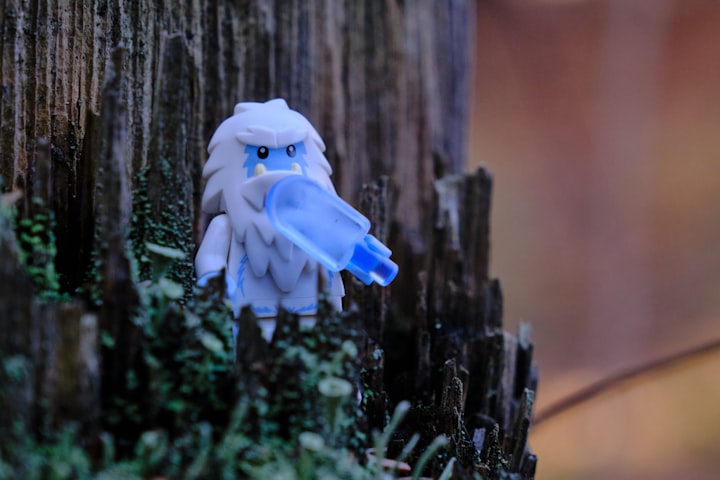Social Media: What's Really Happening
lifehack
Title: Social Media: What's Really Happening
Introduction
Social media is a big part of our lives now. We use it to connect with friends, keep up with news, and share our lives. But social media isn't just all fun and games. We'll look at how it affects our relationships, mental health, and our world.
The Growth of Social Media
The internet has changed how we communicate and share information. Social media platforms like Facebook, Twitter, Instagram, and TikTok have become incredibly popular. They let us express ourselves, talk to others, and discover new things.
Connecting with Friends and Family
One of the great things about social media is that it helps us stay close to our loved ones, no matter where they are. Platforms like Facebook allow us to share updates, send messages, and celebrate special moments together. It's like having a virtual hangout spot where we can all come together.
But there's a flip side to this. Sometimes, social media can make our relationships feel a bit shallow. We might end up just clicking "like" on a friend's post instead of having a real conversation. And when we see everyone's perfect pictures and stories, we might start feeling a bit lonely or jealous.
Comparing Ourselves
Social media can also make us compare ourselves to others all the time. People often post only the best parts of their lives online. We see their awesome vacations, big achievements, and happy moments. But remember, those are just the highlights. Nobody's life is perfect all the time.
This constant comparing can be tough on our mental health. It can make us feel like we're not good enough or that our lives aren't as exciting as others'. It's important to remember that what we see on social media isn't the full story.
Mental Health Challenges
The way we use social media can affect our mental health in several ways:
1. Fear of Missing Out (FOMO): Seeing all the exciting things others are doing on social media can make us feel like we're missing out on fun and excitement. It can make us feel left out or like we're not living life to the fullest.
2. Cyberbullying: Social media can also be a place where people say mean things to each other. Cyberbullying can hurt a lot and cause mental health issues, especially for young people.
3. Social Comparison: Constantly comparing ourselves to others online can lead to feelings of not being good enough. We might start to doubt ourselves and feel less confident.
4. Addiction: Social media platforms are designed to keep us coming back for more. We can end up spending too much time online, which can affect our sleep and overall well-being.
Impact on Society
Social media isn't just about individuals. It has a big impact on society as a whole:
1. Spread of Misinformation: Social media can quickly spread false information and "fake news." This makes it harder to have meaningful discussions and make informed decisions.
2. Polarization: People often follow others who share their views on social media. This can create "echo chambers" where we only hear one side of the story. It can make it hard to understand different perspectives and lead to more division in society.
3. Privacy Concerns: Social media companies collect a lot of our personal information. Sometimes, this information is used without our consent or gets leaked, which is a big privacy concern.
4. Mental Health Policies: The impact of social media on mental health has led to discussions about the need for rules and regulations to address issues like cyberbullying and digital addiction.
Finding Balance
While social media has its challenges, it's important to remember that it can also be a positive tool for communication and connection. Here are some tips for finding a healthy balance:
1. Mindful Use: Be mindful of how you use social media. Remember that what you see online is just a small part of people's lives. Take breaks when needed and don't feel pressured to always be online.
2. Be Authentic: Try to be yourself on social media. Share both the good and not-so-good parts of your life. Authenticity can lead to more genuine connections.
3. Digital Detox: Take regular breaks from social media to disconnect and enjoy the physical world around you. Use this time to focus on hobbies and spend quality time with loved ones.
4. Promote Positivity: Encourage positive and respectful discussions online. Be a part of conversations that make the online world a better place.
5. Advocate for Change: Support efforts to make social media safer and more responsible. Speak up for rules and policies that protect users' privacy and well-being.






Comments
There are no comments for this story
Be the first to respond and start the conversation.